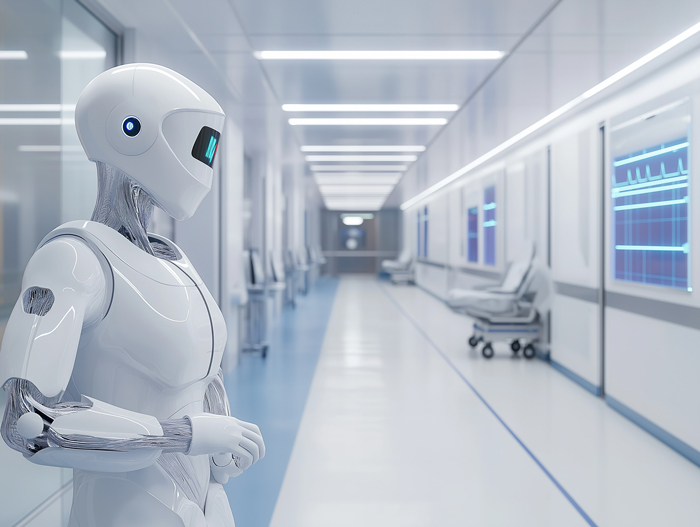Artificial Intelligence (AI) has been making waves in various industries, and healthcare is no exception. As AI technologies evolve, they hold the potential to revolutionize medical practices, improving patient outcomes and streamlining processes. However, with all its benefits, AI in healthcare also brings a few concerns. So, is AI a game changer or a risky move?
Game Changer: Transforming Healthcare
AI can significantly improve healthcare by enhancing diagnostic accuracy. Machine learning algorithms can analyze medical images, detect early signs of diseases, and predict patient outcomes more efficiently than humans. This could lead to faster diagnosis, better treatment plans, and reduced human error.
Additionally, AI can automate administrative tasks, such as appointment scheduling, billing, and even patient triage. This helps healthcare professionals focus more on patient care, improving overall efficiency.
Risky Move: Ethical Concerns and Data Security
Despite its advantages, AI in healthcare comes with risks. One major concern is data privacy. Healthcare data is extremely sensitive, and a breach can have severe consequences. Ensuring that AI systems are secure and compliant with privacy regulations like HIPAA is crucial to maintaining trust.
Moreover, there are ethical issues surrounding the use of AI in decision-making. For instance, if an AI system makes a wrong diagnosis or treatment recommendation, who is responsible? These concerns highlight the need for transparency and oversight in AI applications.
AI in healthcare offers exciting possibilities, but its implementation must be approached with caution. While it can enhance patient care and streamline operations, there are ethical and security challenges that need to be addressed. Striking the right balance between innovation and safety will determine whether AI in healthcare is a true game changer or a risky move.

AI in Healthcare: A Game Changer or Risky Move?
473



